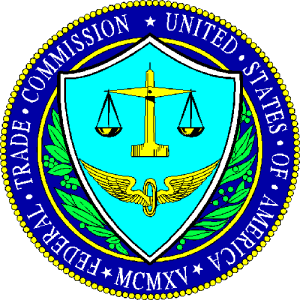Which is best? As a merchant underwriter I think you’d rather see the scammers use the RCC s which take funds directly from the victims checking account rather than risk the chargebacks that lists of stolen card information run through a fraudulent merchant present.
Glenn Erikson likes either method but got caught by the Feds on both. 
On October 2, 2014 the FTC filed a Complaint for Permanent Injunction against Sun Bright Ventures,LLC, Citadel ID Pro, LLC and Benjamin Todd Workman, including also in the complaint were relief defendants Trident Consulting Partners, LLC and Glenn Erikson.
Allegations are that the defendants misrepresented that they were working on behalf of Medicare, and said they needed to verify consumers’ identities using personal information that included their bank account numbers. The defendants allegedly assured consumers that the information would not be used to debit their bank accounts, and that there was no charge for the new Medicare card or information about Medicare benefits.
However, within a few weeks, consumers, who were targeted as senior citizens, learned their bank accounts had been debited either $399 or $448 via remotely created checks (RCCs), the complaint alleges. Despite these charges, consumers did not receive any kind of product or service from the defendants. In some instances, the defendants debited the accounts of consumers they had not even contacted. “Defendants have made millions of dollars in unauthorized debits without providing consumers with any product or service in exchange.” (Case 8:14-cv-02153-JDW-EAJ)
Disbarred attorney Glenn Erikson must have barely been off federal probation for card fraud when he began formulating this new move. In 2007 he had been sentenced to five years probation for processing stolen credit card transactions through a merchant account called salespda.com. The conspiracy involved obtaining “pre-acquired data” consisting of a cardholder’s name, address, credit card number, expiration date and the 3 digit validation code. Some 50,000 records were obtained but relatively few were processed before the USSS came in.
Although the recent scheme didn’t attack card processors, versatile crooks can go both ways.
